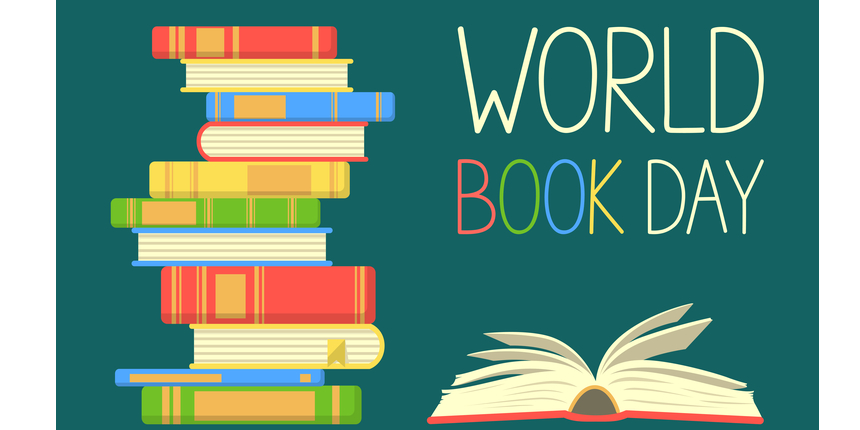SIR: April 23rd every year is marked around the world as World Book and Copyright Day. Also known as International Day of The Book, it is a day set aside by the United Nations Educational, Scientific and Cultural Organization (UNESCO) to promote reading, publishing and copyright. The day aims to change lives through love of books and shared reading.
The theme for the 2024 World Book Day is: “READ YOUR WAY.” According to Audrey Azoulay, Director-General of UNESCO: “Books have the unique ability to entertain and to teach. They are at once a means of exploring realms beyond our personal experience through exposure to different authors, universes and cultures, and a means of accessing the deepest recesses of our inner selves.” Therefore, the power of books should be leveraged to combat isolation, reinforce ties between people, and expand our horizons while stimulating our minds and creativity. It is critical to take the time to read on our own, or with our children.
Did you know that the Bible is the most widely translated and distributed book worldwide? Yes, the Bible is by far the most widely translated and distributed book! Its wisdom has reached and helped more people than any other book or publication; 96.5 percent of the world’s population have access to the Bible. The Bible is available (in whole or in part) in over 3,300 languages, and the estimated number of copies of the Bible produced is 5 billion – far more than any other book in history.
There are three major sectors of the book industry: publishers, booksellers and libraries. In a strict sense, book publishing starts from the point of conceptualization of the ideas for the book by the author, and ends at the very last stage – the end-user (reader).
The history of book publishing in Nigeria can be traced to the establishment of the very first publishing press in Calabar, in 1846, by Rev. Hope Waddel of the Presbyterian Church of Scotland Mission. The press was used to print Bible lessons and later arithmetic books for schools. In 1854, another missionary based in Abeokuta, Rev. Henry Townsend of the Church Missionary Society (CMS), established a press. Five years later (1859), he used it to print the very first newspaper in Nigeria – ‘Iwe Irohin.’ Thereafter, notable Nigerians like Herbert Macaulay established the first indigenous newspaper in 1926, called Lagos Daily News. Also, in the same year, Daily Times made its debut.
In 1949, Oxford University Press (OUP) floated a sales outlet in Nigeria. This action attracted many foreign-based publishing firms to Nigeria, such as Macmillan, Longman and others. The first published book in Nigeria by OUP was in 1963 when its local branch published ‘Ijala Ere Ode’, a Yoruba poetry genre by Yemitan. Aside from the foreign companies, many other home-based publishing houses were architected by indigenous entrepreneurs. The book publishing industry in Nigeria has continued to enjoy drastic growth ever since.
However, in the last few decades, the Nigerian indigenous book publishing industry has experienced a downturn due to numerous challenges facing the industry including book piracy, proliferation of unqualified author-publishers, lack of capital, and inability to provide adequate numbers of high-quality books. Other challenges include: poor reading culture, infrastructural decay, dearth of expertise, incessant rancour among the major stakeholders, and so forth.
Suggestions for developing our book publishing industry in Nigeria are:
1. Stakeholders such as government, publishers, authors, regulators, booksellers, libraries and readers should cooperate and contribute their quota immensely towards the development of a virile book publishing industry.
2. Private investors such as banks, finance houses and influential individuals should participate, especially in terms of massive capital injection.
3. Government can partner with notable non-governmental organizations in the establishment of book clubs in schools across the nation. This will help to promote a good reading culture among the youths.
4. Government should help to eliminate the scourge of book piracy.
5. Government should charge less import duties on book publishing equipment and accessories in order to encourage hitch-free importation.
6. Book publishing firms should make it a policy to give their technical staff up-to-date professional trainings, to ensure efficiency.
7. Existing public libraries should be renovated and upgraded, while new ones should be built and equipped with relevant titles.
8. Higher institutions could offer courses in book publishing and related disciplines, thereby helping to provide required personnel for job opportunities
